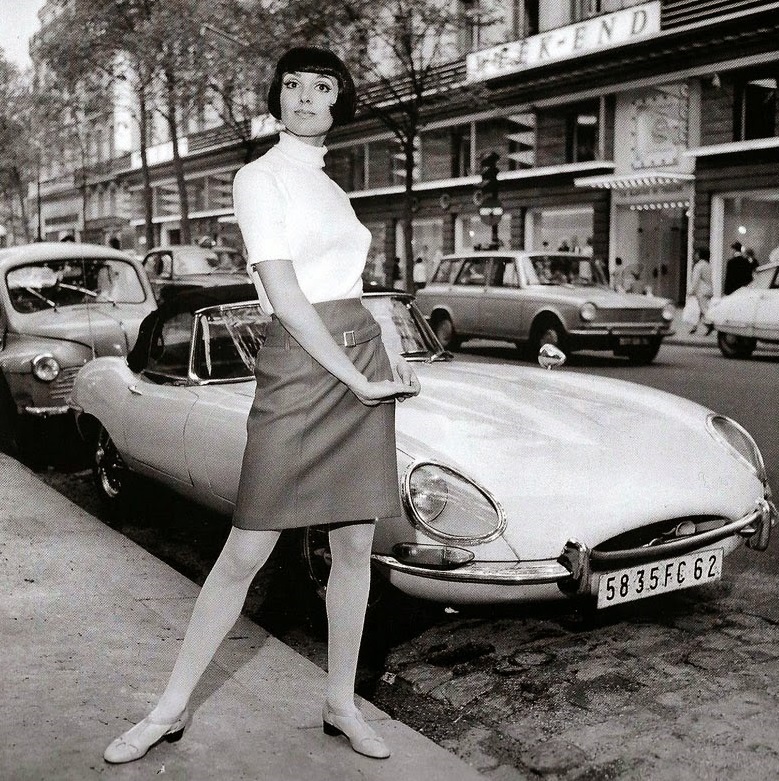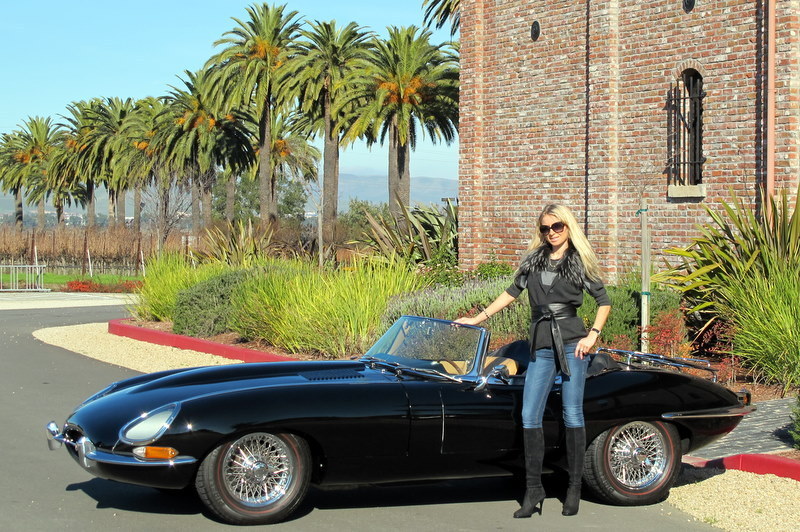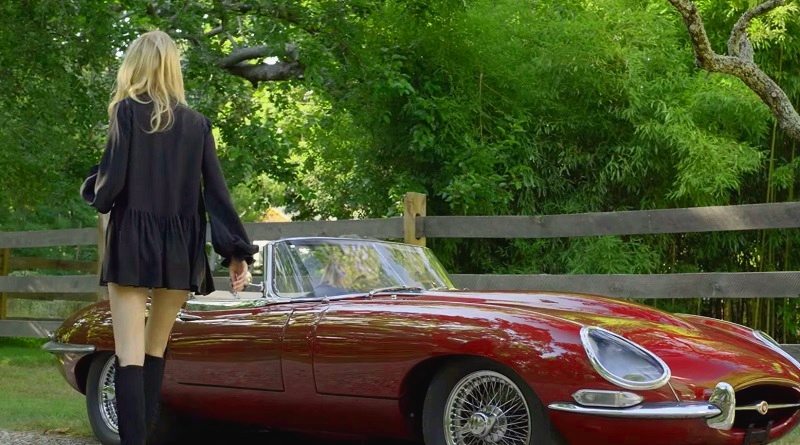One of the many epithets hurled my way is that I’m an opinionated man.
Guilty as charged.
I’ve often thrown around statements like “the best cheese ever made” and “the world’s greatest beer/brandy” (Wadworth’s 6X and Richelieu, respectively), and I would have thought it obvious that these were a.) opinions and b.) made after many years of careful (and in the case of booze, not-so-careful) sampling and experimentation.
What I never say, however, when it comes to these matters, is that people who don’t share my tastes are idiots or fools or whatever. (Sometimes, I find their opinion inconceivable—e.g. if someone were to prefer the horrible Californian brandy over the wonderful South African stuff—but the expression “there’s no accounting for tastes” works perfectly to describe my mental shrug at so strange a position.)
I also make it plain, very plain, when I prefer one thing over another because of prejudice. I don’t like Glocks, for example, because I think that black plastic guns are ugly (note: opinion—yours may differ), Glocks don’t fit my hand very well (note: physiological difference from your hand), and Gaston Glock supports the horrible idea of “ballistic fingerprinting” (note: my difference of position vs. Glock’s). I don’t like Glock’s spongy DA trigger pull, but then I don’t like any DA semi-auto pistol (note: generic dislike not specific to Glock), because I think that if you want to shoot DA, a revolver should suffice.
Thus I can see no reason why I should ever buy a Glock for myself.
BUT:
I have often recommended Glocks to prospective gun buyers, if the gun seems to fit their criteria, and especially if they tell me that the Glock fits their hand well. I have never said that Glocks are unreliable, or inaccurate—in fact, I’ve often noted the precise opposite. I have never called Glock owners “idiots” (although I have on occasion teased people about their choice—and, it should be noted, they have teased me right back).
It’s just my opinion. And yes, some of it is based on freely-admitted prejudice, because I think that John Moses Browning’s design of the 1911 is the absolute zenith of pistolmaking, and why try to improve on perfection?
Most of the time, such statements are made tongue-in-cheek. Like the last one.
What really pisses me off is when people insult me because of my opinion. Let’s say, for the sake of argument, that I mention that I dislike runny cheese, and in fact prefer older, firmer, even crumbly cheese. I don’t like runny cheese because, to be blunt, it reminds me of the consistency of snot. Nothing wrong, there: it’s a simple preference of taste and texture, backed up with a personal rationale.
What I don’t expect is for some dickhead to say that because I don’t like runny cheese, my taste buds are immature or inoperable, and that therefore I’m not a real cheese-lover.
Sounds ridiculous, doesn’t it? But that’s the kind of bullshit that’s aimed at me almost every time I express a strong opinion: at some point, someone is going to accuse me of some shortcoming, simply because my strong dislike happens to be his strong preference.
This doesn’t matter whether I’m talking about beer, cheese, cars, cricket or (gawd help me) literature. Even my musical taste has come under attack when, say, I opine that while Rush are excellent musicians on an individual basis, their music leaves me cold, and Geddy Lee’s voice makes me want to eat the barrel of a Ruger Blackhawk. Note that I have not, ever, called Rush fans a bunch of immature poseurs—and I’m not doing so now, because that’s just what we writers call an analogy—but others behave very differently towards me. Using the same example: because I don’t like Rush, there Must Be Something Wrong With Me, And All That Needs To Happen Is For Me To Experience This Song, And I’ll Change My Opinion—and every time I express a strong dislike of something, the same tiresome nostrum is shoved down my throat whether it’s beer, science fiction, football or any of the other (many) flashpoints of difference on this website where others hold equally-reasoned, and as passionate opinions as mine.
All bets are off when it comes to the Rolling Stones, however: their music is awful, their playing dreadful, and their fans are, like the Stones themselves, a bunch of middle-class streetfighting wannabes.
And if the previous sentence made your blood boil, welcome to my world.
Note that all the above have to do with personal taste—in other words, it affects society not a whit that someone else may be bored to tears by The Three Musketeers or The Mayor of Casterbridge but is enthralled by When Planets Collide and The Moon Is A Harsh Mistress.
Society is likewise unaffected, nay improved, by the fact that people’s tastes run to beers not Boddington’s Ale, but to lagers, porters, beers with a fruity flavor or those which need a squeeze of lime to make them palatable.
There is one opinion, however, which does not lend itself to a multitude of options, and that’s the political one.
Society is seldom improved by the wholesale introduction of, say, socialism into the polity. Although some very minor aspects of same may not be too awful, it is simply lunatic to suppose that “from each according to his ability, to each according to his need” has the slightest chance of working in the grand scheme of unalterable human nature. Socialism requires endless self-sacrifice and altruism, and the submission of the self to the whole. Ditto radical libertarianism, whose fierce adherence to “the primacy of the individual” requires success parameters that all members of society be innately virtuous, resourceful, reasonable and possess an IQ greater than 120.
Both sets of requirements are hopelessly unrealistic.
Little bits of both philosophies are not a bad thing, and each acts as a counterweight to the other. But no government is just as bad as too much government, because both allow too much leeway for the powerful to screw up the lives of the not-so powerful. History has proved that the best recipe for the success of the society is a political system which has as little government as possible, with a people as empowered as possible—once again, each acting as a check on the other’s baser instincts and behavior (mob rule, of course, being as bad as a centralized totalitarian system).
And a small government with an empowered populace is: ta-da! our Constitutional, representative republic.
Now, we may argue about the details of said republic (and O! how do we argue), and of late, our government has become far too big for my liking. Just remember, however, that the most vile situation to live in is one of constant revolution, with first one extreme philosophy and then the other contrary one holding the higher ground. Allowing government to grow until too big for its boots, and then beating it back with sticks (okay, voting), seems to me to be preferable to the alternative, even though the prognosis right now is gloomy.
There have been rays of sunshine—the Assault Weapon Ban non-renewal, the immigration amnesty nonsense, and so on—where We The People gave Them The Gummint a bloody nose (not bloody enough for most, including me, but hey).
But the plain fact of the matter is that unlike my opinions on beer, cheese and literature, which are mine and where others may comfortably differ (without resorting to insult), when it comes to the realm of politics, there is no argument, because history, and the millions of people from other political systems who are trying to come here, tell us so.
Argument in that vein is not only pointless, it’s counter-productive.










